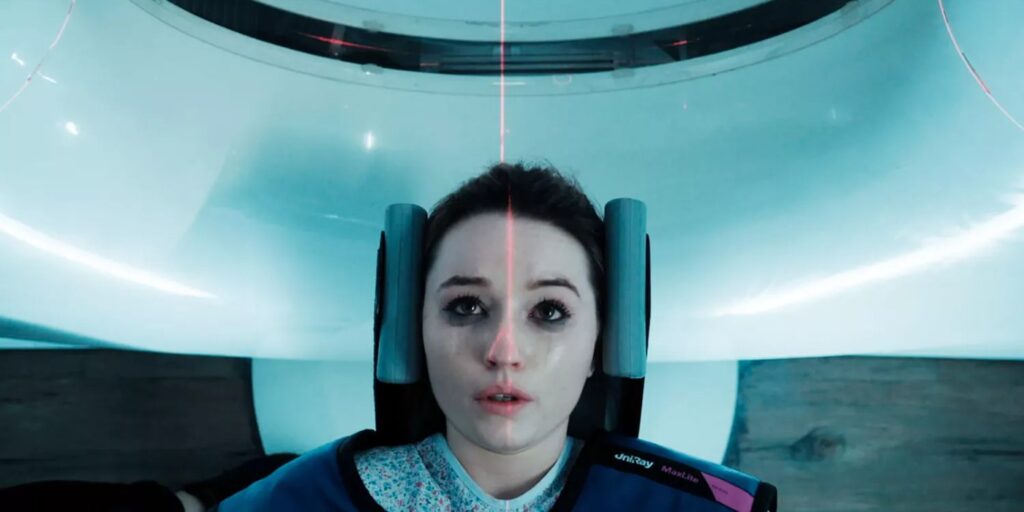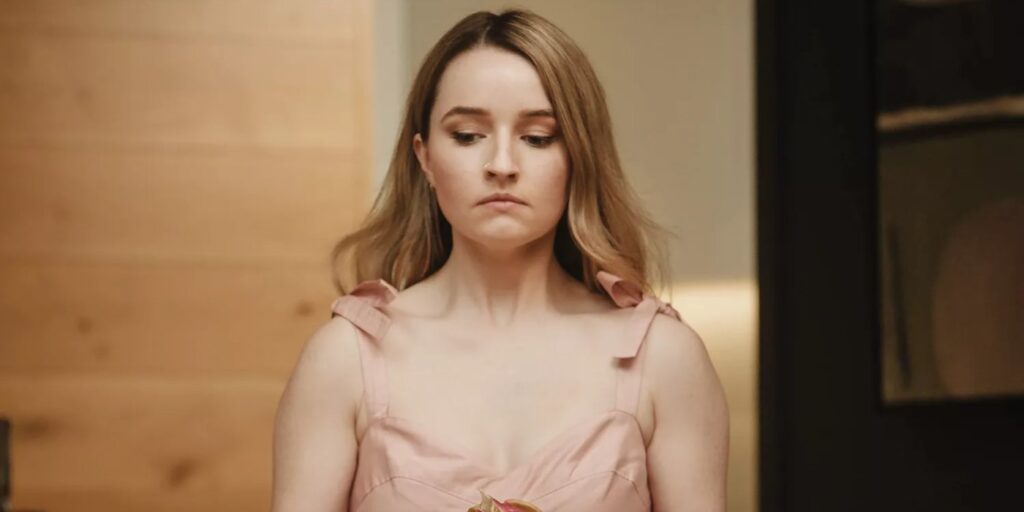In the age of social media, where personal stories sell and authenticity is currency, Belle Gibson built an empire on a lie. She wasn’t just another wellness influencer promoting green smoothies and mindfulness; she was a woman who claimed to have defied death itself.
Through a strict regimen of alternative medicine, diet, and exercise, she told the world she had cured herself of terminal brain cancer, without conventional treatment. It was an inspiring tale. So, unsurprisingly it drew people in. Now, Netflix’s ‘Apple Cider Vinegar‘ provides a fresh perspective on the disaster.
Belle Gibson Built An Empire On Lies

Healing_belle, Belle Gibson’s Instagram account became a beacon of hope for people desperate for answers outside of mainstream medicine. She launched The Whole Pantry, a wellness app that gained international attention. It even earned a spot on Apple’s marketing materials for the Apple Watch. A book deal followed.
Related: Why ‘The Sandman’ Movie Never Happened Before Netflix Adapted Neil Gaiman’s Masterpiece
Additionally, magazine covers, television interviews, and partnerships with major brands solidified her place as a wellness industry icon. However, in 2015, it all unraveled. Investigative journalists exposed the truth: Belle Gibson had never had cancer. The woman who had encouraged so many to reject traditional treatment had fabricated her illness entirely.
Moreover, it wasn’t just the false health claims that ended her empire, it was the money. Gibson had promised to donate proceeds from her app and book sales to charity, including cancer organizations. However, investigations found no record of these contributions. Instead, she was living a luxurious life, funded by the people who had trusted her.
In a now-infamous interview with Australian Women’s Weekly, Gibson admitted: “No … None of it’s true.” When asked why she had lied, her response was vague and unsettling: “I am still jumping between what I think I know and what is reality.“
Netflix’s ‘Apple Cider Vinegar’ Is A Deep Dive Into The Disingenuous Nature Of Social Media

The fallout from Belle Gibson’s fraud was swift and severe. In 2017, the Federal Court of Australia ruled that she had misled and deceived her followers. She was ordered to pay a fine of $410,000 AUD, though she repeatedly claimed she could not afford it. Authorities later raided her home in an attempt to recoup the unpaid fines.
In case you missed it: Netflix’s New Binge-Worthy Disaster Drama Terrifies Viewers
Despite her disgrace, Gibson never fully faded from public view. In 2020, a bizarre video surfaced in which she claimed she had been “adopted” by the Oromo Ethiopian community in Melbourne. Members of the community quickly distanced themselves, calling her presence exploitative.
To this day, she remains one of the most infamous figures in the wellness industry. Netflix’s ‘Apple Cider Vinegar’, starring Kaitlyn Dever as Belle Gibson, brings this cautionary tale back into the spotlight. By weaving in fictional elements the series forces viewers to confront the ethical dilemmas of social media fame. Moreover, the show serves as a crucial reminder: if something sounds too good to be true, it probably is.





